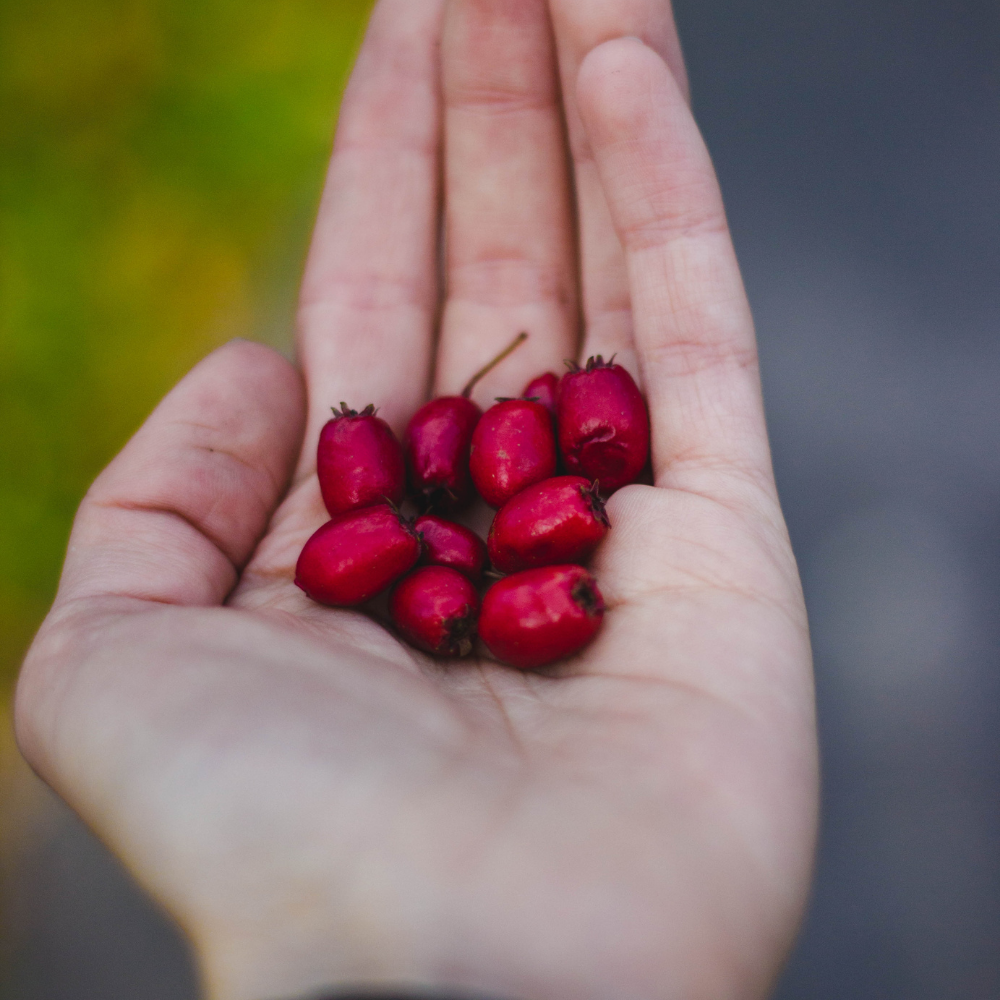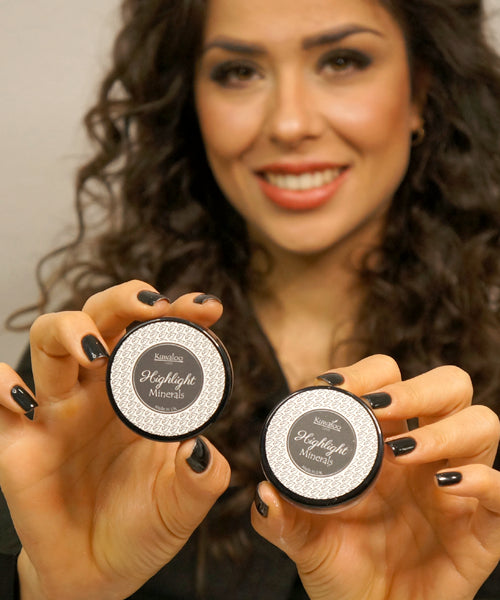
0 Comments
The Truth Of The Palm Oil Industry
What is Palm oil?
The oil (elaeis guineensis) is extracted from the fruits of palm trees. These are native from Africa but around 100 years ago were brought to South-East Asia. Today 42 countries produce palm oil, with Malaysia and Indonesia being responsible for 85% of the global supply.
What is Palm Oil most used on?
You would be surprised with the huge variety of day-to-day products that contain Palm oil as an ingredient. Due to its cheap production costs and benefits (transfat-free), palm oil is used in cosmetics products (lipstick, shampoo, toothpaste, deodorant, etc), in foods (chocolate, pizza, etc), as animal feed, biofuel and, even in some countries, as cooking oil (just like we use olive and sunflower oil).
What is the problem is harvesting palm oil?
With the Worldwide demand for this oil raising over the last decade, palm oil production had to enlarge enough to meet the demand of supply. Farmers have been creating space to plant palms by harvesting forests rich in biodiversity, killing fauna and flora with no regulations to stop them. In Indonesia, the population of orangutangs depends on a healthy rainforest to survive. Today, Indonesian Orangutangs are an endangered species and their population have decreased by 50 per cent in the last years.
Along the Orangutangs, many other species of plants and animals are being pushed to the edge of extinction. The operations to remove the forests produces unimaginable quantities of greenhouse gas which are emitted to the atmosphere and – on the opposite side – with less trees, there is less carbon dioxide being removed from the air. These are big factors on the global warming problem our Planet is currently facing.
In Indonesia specifically, most of its forests grow in swampy peat which accumulates great quantities of carbon. As palm trees require dry land, the oil companies need to drain the peat turning it very flammable and at a high risk of an uncontrolled fire to burst easily. Indonesia is also the third greatest emitter of greenhouse gases.
As if all these were not enough, there are reports of violence and people being forced out from their land among small local communities by Palm Oil companies. These people cannot protect themselves and are left without any voice on the matter.
What is being done to fix this?
In 2003, about 200 of the largest palm oil producers joined forces with non-profit organizations to try to tackle the damage done by the industry by establishing the Roundtable on Sustainable Palm Oil (RSPO). Greenpeace alone, for over 10 years now, has been trying to make the palm oil industry clean up their damaged caused. They have exposed big brands such as Mars, Nestle and Unilever for using dirty palm oil from non-regulated suppliers that were mercilessly destroying forests and habitats at will.
This issue can be fought in many ways, from one side, brands that use Palm oil must investigate their suppliers and only deal with responsible growers which obey the regulations and respect forests and habitats. From the other side, we – consumers – should avoid products containing palm oil, specially if we are not certain it came from a regulated organization.
A good way to know if the product contains palm oil from a regulated supplier is by looking on the bottle/packaging if it is RSPO approved. RSPO are an independent, third-party association focused on setting good standards for palm oil production hence RSPO certified products are easy to trust on.
Over the last years, thanks to people being more and more aware of this issue, producers have made a commitment to drop dirty palm oil by 2020. It is not straight forward to know if they all have accomplished their word but it was known they had to do much more than what they were currently doing to meet this deadline.
The strongest action was done by Wilmar (World’s biggest palm oil trader) which has announced a plan to monitor and select their suppliers after Greenpeace supports have pressured the company. If Wilmar does regulate their suppliers, other trades will be forced to do the exact same.
Together, if we are all become aware of the issues this harvesting is causing, we can do our part to fight against it.

